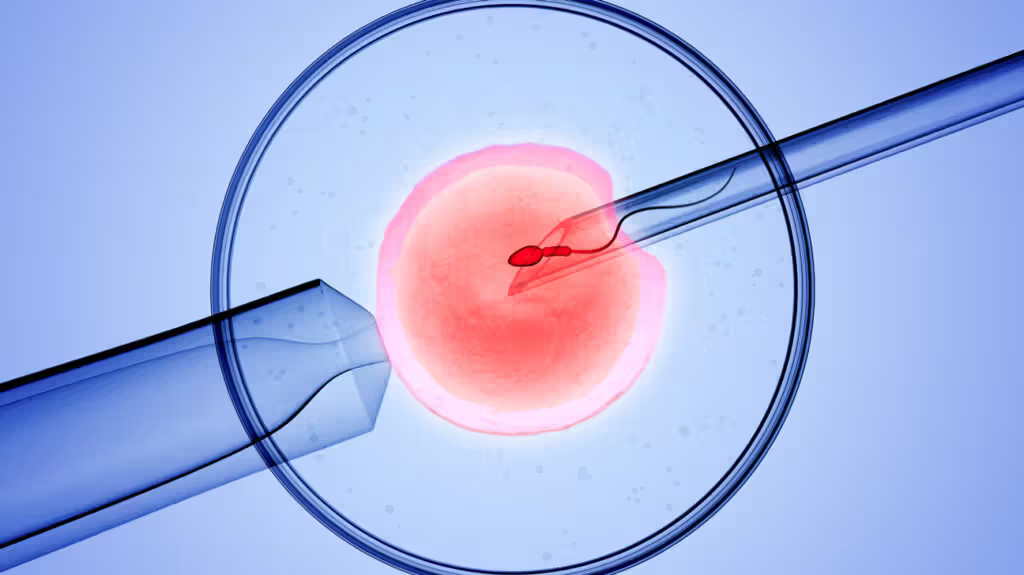
IVF (In Vitro Fertilization) is a widely used assisted reproductive technology (ART) that helps individuals or couples with fertility problems conceive a child. IVF involves a series of medical procedures where an egg is fertilized outside the body, in a laboratory setting, and the resulting embryo is then implanted into the uterus. IVF is often considered when other fertility treatments have not been successful or when there are specific medical conditions affecting fertility.
Key Features of an IVF:
Ovarian Stimulation: The woman undergoes hormone therapy to stimulate her ovaries to produce multiple eggs. This is monitored through blood tests and ultrasounds.
Egg Retrieval: Once the eggs are mature, a procedure called egg retrieval (aspiration) is performed. This is a minimally invasive procedure where the eggs are collected from the ovaries using a thin needle inserted through the vaginal wall.
Fertilization: The eggs are fertilized in a laboratory using sperm from the male partner or a sperm donor. In some cases, ICSI (Intracytoplasmic Sperm Injection) is used, where a single sperm is directly injected into an egg.
Embryo Culture: The fertilized eggs develop into embryos in the laboratory. The embryologist monitors the growth of the embryos for several days to identify the healthiest ones.
Embryo Transfer: One or more of the healthiest embryos are selected and transferred into the woman’s uterus, with the hope that it will implant and result in pregnancy. This is a relatively simple procedure and is usually done without anesthesia.
Pregnancy Test:About 10–14 days after the embryo transfer, a blood test is done to determine if pregnancy has occurred.
© Lila Hospital PVT.LTD. All Rights Reserved.
Designed by WEB WORLD TECH